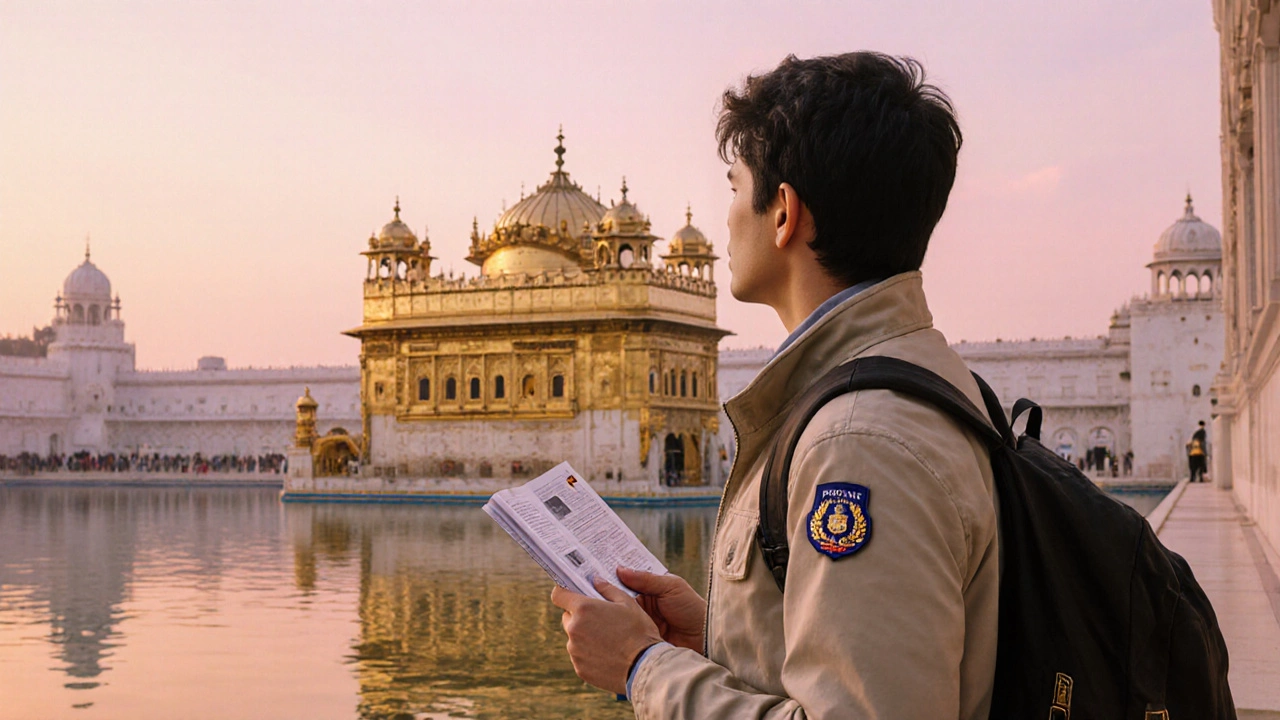Punjab Safety: What Travelers Need to Know About Getting Around Safely
When it comes to Punjab safety, the measure of personal security and ease of movement for visitors in the Indian state of Punjab. Also known as North India safety, it stands out because Punjab has one of the lowest crime rates among India’s major states, especially for tourists. Unlike big cities like Delhi or Mumbai, Punjab’s towns and cities feel more open, more welcoming, and far less overwhelming. Locals are often eager to help, police presence is visible in tourist areas, and public transport—including taxis—is generally reliable and monitored.
What makes Punjab different? It’s not just about low crime numbers. The state has a strong community-based culture where strangers are treated with respect, not suspicion. Whether you’re riding in a taxi from Amritsar to Golden Temple, hopping between villages near Ludhiana, or exploring the rural roads of Gurdaspur, you’re unlikely to face harassment or scams. Unlike some other regions, drivers here rarely overcharge tourists if you agree on a fare upfront. And if you do get a bad experience, most taxi operators are registered with local associations that take complaints seriously.
Food safety is another big concern for travelers, and Punjab handles it well. Street food stalls near major sites like Golden Temple or Jallianwala Bagh serve hot, freshly made meals—no lukewarm leftovers. The famous sarson ka saag and makki di roti? Always cooked in front of you. You’ll also find clean water stations and bottled water everywhere. The state government even runs food hygiene campaigns targeting vendors near tourist spots, so you’re not guessing whether your meal is safe.
Women traveling alone often ask about safety, and Punjab answers clearly: yes, it’s safe. Female tourists report feeling comfortable walking in daylight, using public taxis, and even taking overnight buses. Many female travelers say Punjab felt more secure than parts of South India or even some European cities. The key? Stick to main roads, avoid isolated areas at night, and use trusted taxi services like those booked through hotels or apps. Don’t assume all of India is the same—Punjab operates on a different rhythm.
Don’t let myths hold you back. Some travelers still think Punjab is risky because of its proximity to the border or past political events. Those days are long gone. Today, Punjab is a hub for religious tourism, cultural festivals like Baisakhi, and agritourism. Thousands of foreign visitors come each year—and almost all leave without a single issue. The real danger? Getting so caught up in the food and hospitality that you forget to leave.
Below, you’ll find real traveler experiences, safety checklists, and comparisons with other Indian states. We’ve pulled together posts from people who’ve driven through Punjab, stayed in its cities, and eaten at its roadside dhabas. No theory. No guesswork. Just what worked—and what didn’t—for people just like you.
Punjab Travel Safety: What Tourists Need to Know
Discover how safe Punjab is for tourists with a detailed guide covering crime, health, transport, women's safety, emergency contacts, and practical tips.
Read more